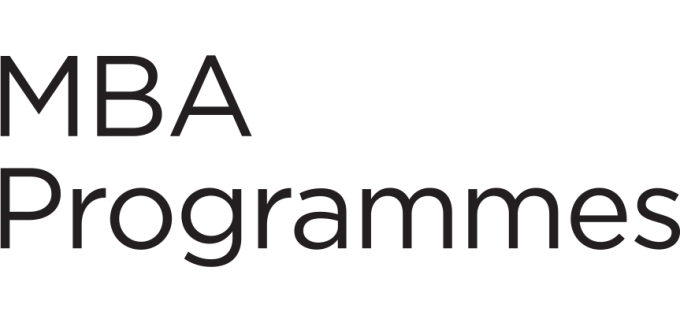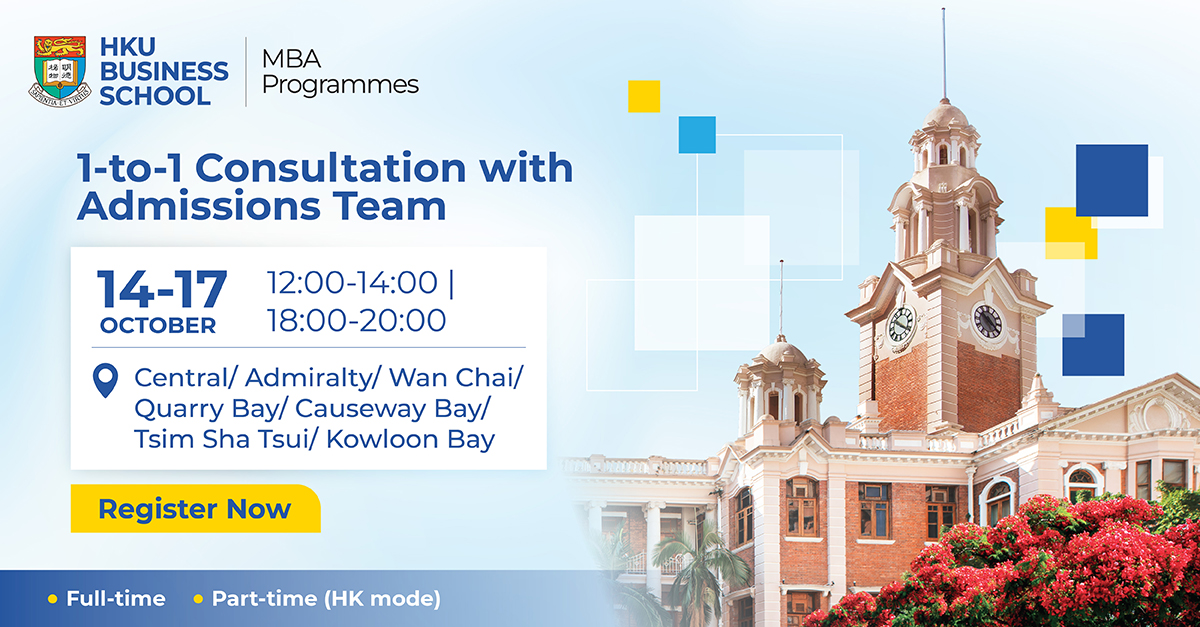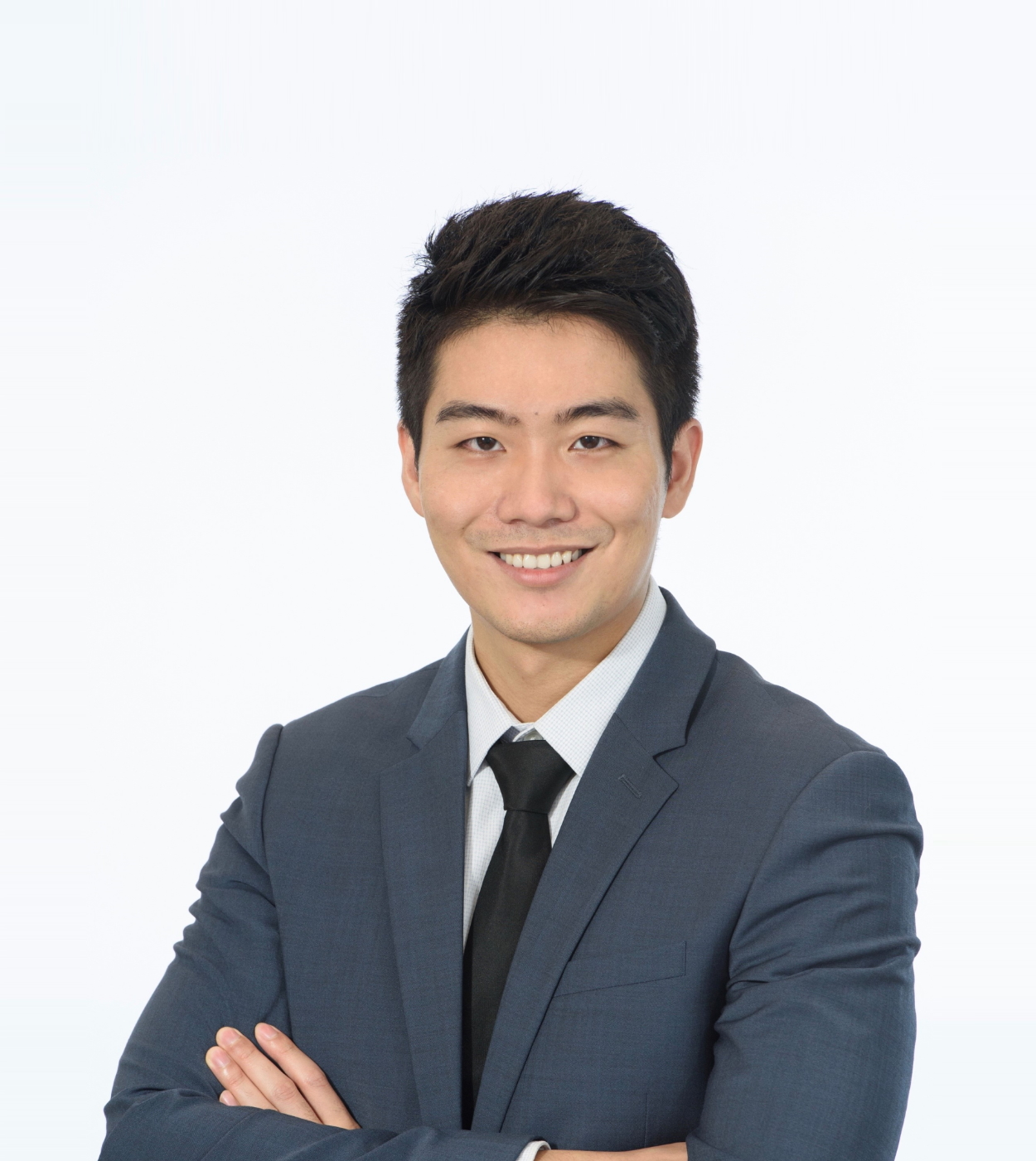
Jack Shi

Student Story
Can you briefly share with me your background?
I am originally from China and moved to Nebraska, US during high school. Growing up there, I was one of the very few Chinese boys – not just in school, but in the town. Living in Nebraska exposed me to the mid-western American culture: farms, manufacturers, churches, and football games etc. Upon graduation, I worked as a tax auditor for the state tax department. I learnt very quickly about businesses’ functions and financials because I had to determine their tax liabilities and educate them on the regulations and compliance that best fit their business in the language they understood. In 2017, I moved back to China and worked for Sunshine Group: a large Chinese electronic manufacturing company. I went from public professional practice in the west to private business development in the east; from paper to intuition, from small town to big city. I gained an in-depth understanding of how manufacturing companies work, including how they operate, make profits, expand, and structure their capital. I also learnt more about electronics and the technology industry through innovative trade shows.
I have been exposed to accounting, sales and marketing, auditing, customer relationships and even some human resource management, all of which are integral to a business. But I wanted to learn more about other areas of businesses – such as corporate finance, financial technologies, leadership and social media marketing – so I could view a business as a whole. The HKU MBA Programme courses provided precisely this.
I looked forward to exchanging ideas with classmates, meeting like-minded people who are motivated, powerful, and interesting. And from the professors, I wanted to learn not only the technical skills but also the way they think and look at things.
Ultimately, I wanted to transform my career, and in the years prior to applying for an MBA I had developed a strong interest in business consulting and wanted to experience Hong Kong’s global business environment.
I had been to Hong Kong many times and I love the city, plus it was close to my hometown. Hong Kong is Asia’s – if not the world’s – big financial centre, and HKU has a reputation of providing new talent to the business world. Located in this very diverse international city, HKU has students and teachers from all over the world, meaning students are exposed to many different cultures and my background would fit into the community.
Another reason for choosing HKU over other local schools was its central location. It’s closer to businesses, opportunities, and influential alumni.
Furthermore, from my conversation with Bon Chang, I learned that MBA students at HKU usually have internship opportunities in their second or third term. If not, the capstone project gives real-world practise, which is exactly what I needed for a career transformation. I ended up interning at Schneider Electric for its global marketing strategy in eCommerce and Channel Management and spent a summer interning at Citi at its Global Consumer Banking.
The change of location, change of industry and change of job, is that something you expect before joining HKU MBA?
All three changes were set as goals prior to choosing to study for an MBA at HKU. So, therefore yes, I expected this. In addition, I actually switched industries twice during my MBA. The first was to get into banking at Citi, then my current position in strategy at Schneider. I moved from industry to finance, back to the industry – it was certainly not what I expected.
How did the career services at HKU MBA help you with the changes? How did you land on this job?
Ms. Bora Jin, the manager of the MBA Career Development and Training team, referred me to the internship opportunity at Citi after knowing my goal was to work in banking. We drew up a list of my strengths and weaknesses before coming to the conclusion we did. I truly appreciate the amount of time that Bora spent on my CV, which helped catch the recruiter’s eye initially. She offered me professional insight on skills that recruiters want to see before I went to any interviews. She was a middle person, connecting me with people who went through the same interview process at the companies I was interested in. The connections, the opinions and the professional views provided by the Career Development and Training team helped me achieve the internship.
My mentor, who was in a very senior position at Citibank, taught me a lot about company culture, work culture, the function of various teams, and the company’s vision from management’s perspective. He boosted my interest in working for Citibank. I also discovered more about myself while job searching. I thought investment banking represented the whole banking industry, but I learned the different functions of each component, such as insurance, loans, corporate banking, wealth management, and retail banking, which I will soon be working in. I also realised my weaknesses through reflecting back on my past achievements and losses. This self-reflection process allowed me to develop and better myself for future roles.
Do you think the MBA programme has equipped you for your career development?
Yes. I appreciated many things offered by the programme:
- The classmates I met: I made some very close friends who have consistently helped me both in my life and my career.
- CDT helped me a lot with constructing my unique story with my past experiences and made it vivid on my CV. The team was very supportive of the career goals and decisions I made for my future. Moreover, they were open to chat with me about things beyond my career.
- I met my mentor through the programme, who helped me enormously with my experience at Citibank.
- The reputation of HKU made it easier for me to knock on companies’ doors.
Do you have any advice for those who would like to use an MBA as a door for a career change?
Be open to people, opportunities, and criticism. The status of an MBA student helps open a lot of doors for industry experts, business executives, and academic professionals. Leverage your past experience and combine them with your current status to network and build connections among different areas.
Furthermore, opportunities vary from industry to industry, so go in with an open mind and you might discover something new and exciting. Last but not least, be open to criticism. We often think that we are not fresh graduates anymore and we are past the stage of letting people tell us we are wrong. But I think the MBA journey is the best place for us to re-evaluate our capabilities through the help of our classmates and professors.


